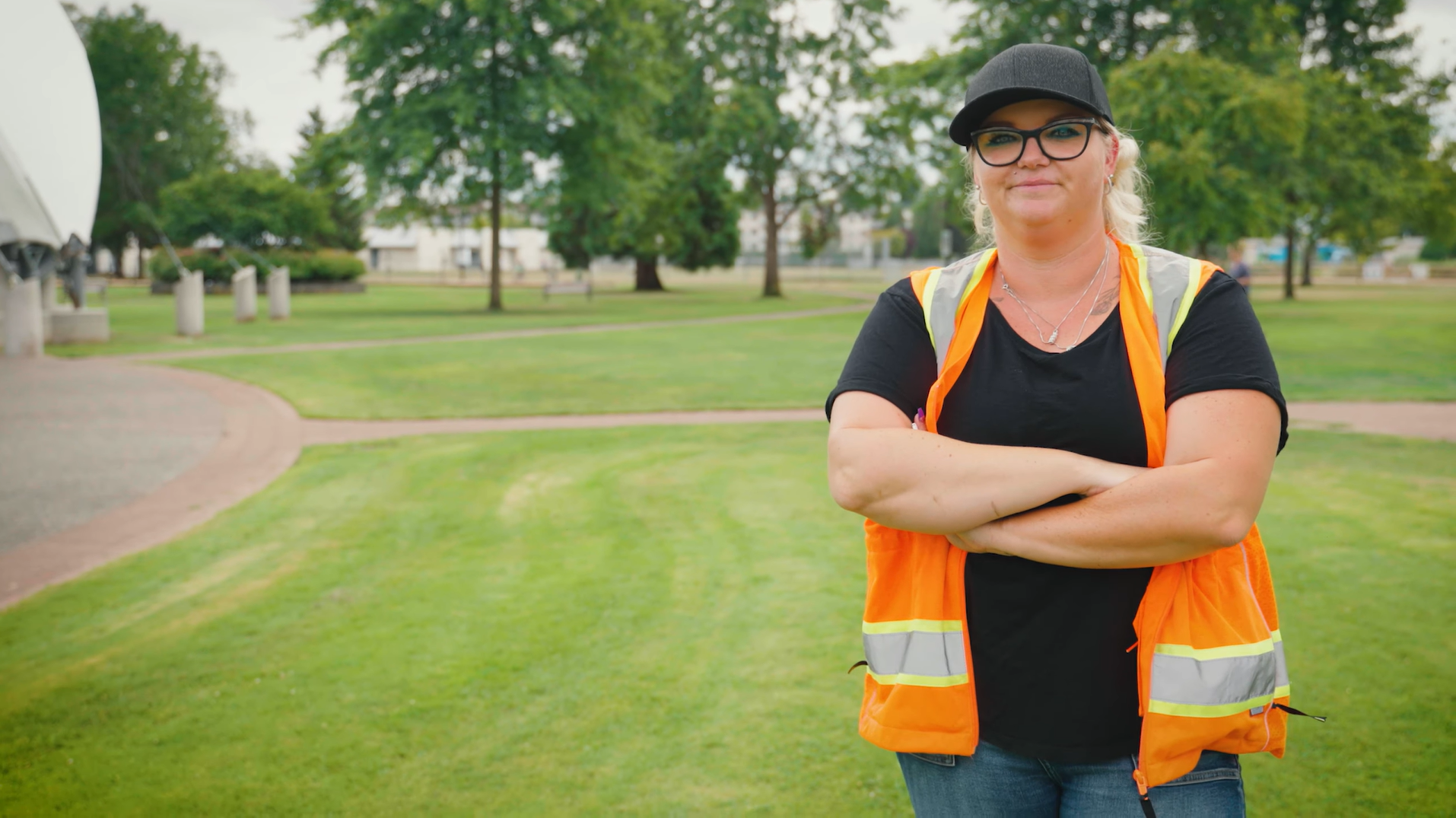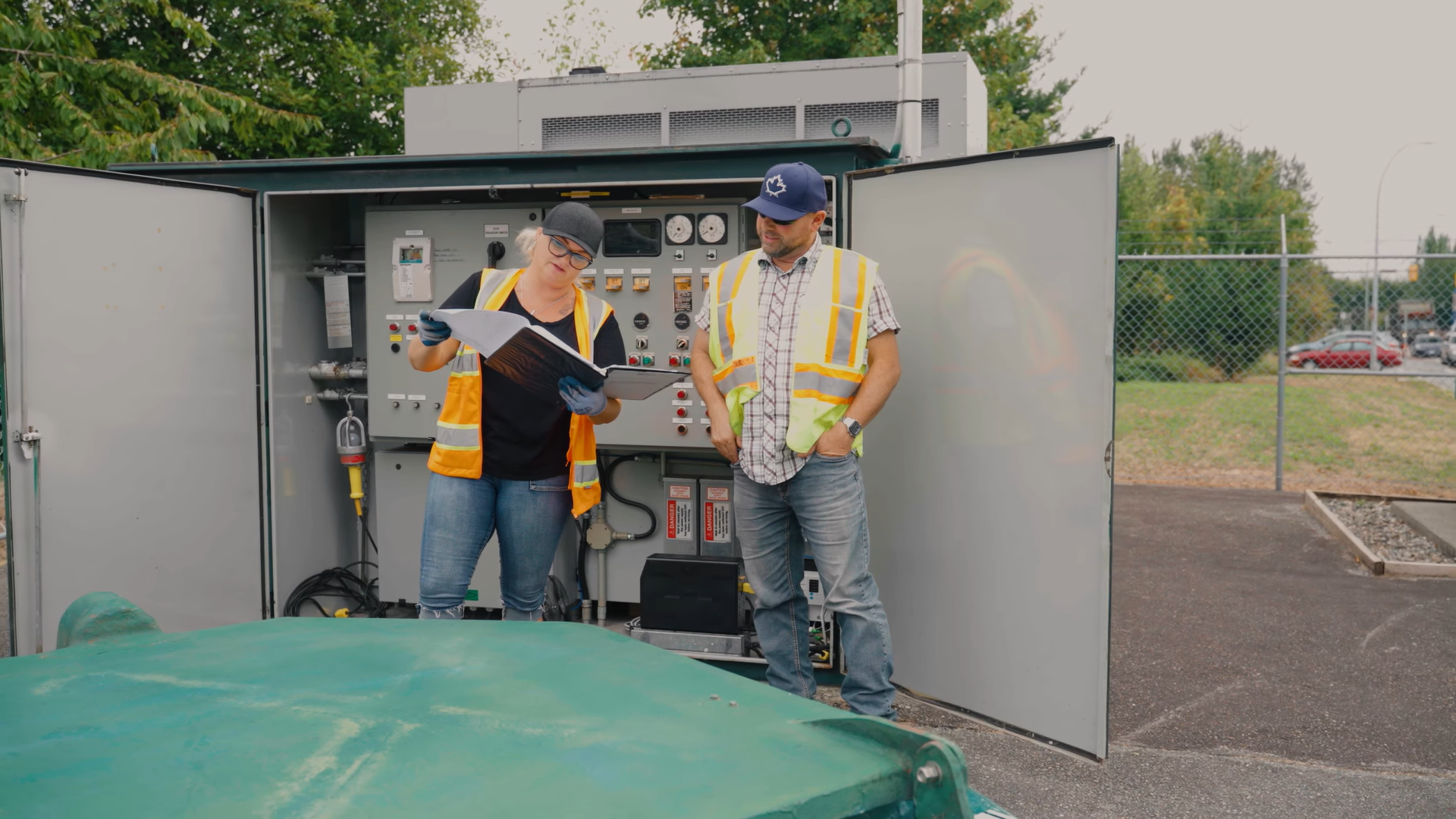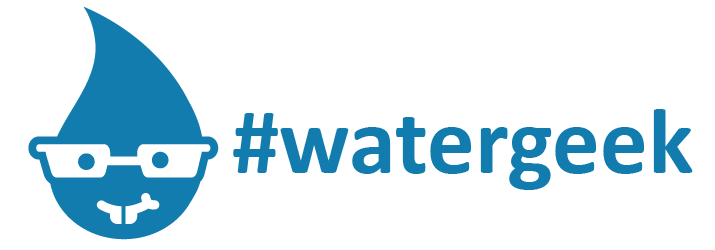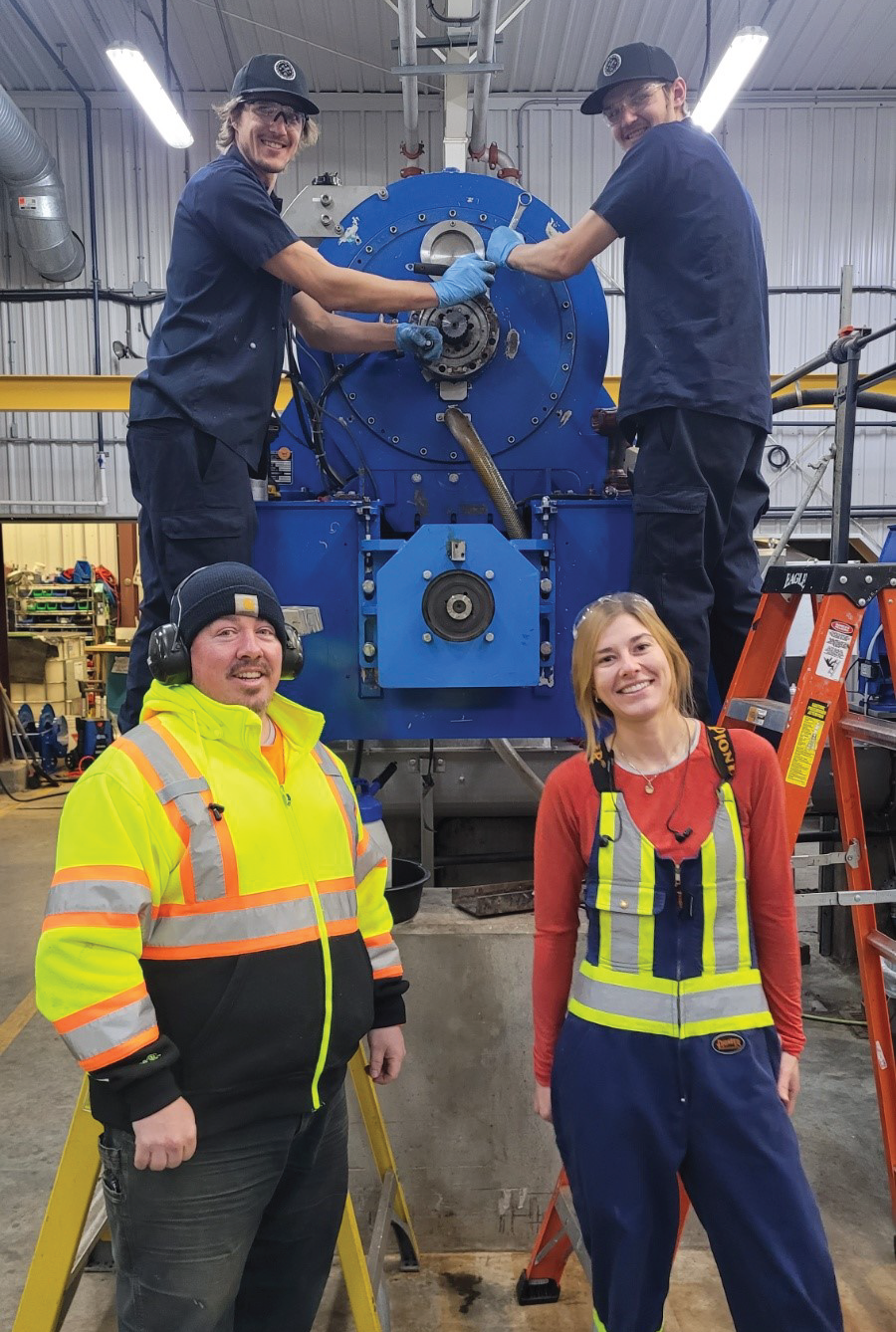How to become an Operator?
Become a #watergeek
How to become an Environmental Operator?
Environmental Operators are the people responsible for ensuring the safe and continuous operation and maintenance of our water and wastewater systems.
While water is provided by nature, we rely on a complex network of pipes, equipment, and people to safely deliver clean water, and remove used water, from our homes and businesses.
Benefits of becoming an Operator
To become certified as an Operator in Training or Level I Operator you are required to provide proof of completion of high school, GED, an adult graduation diploma, or a post-secondary diploma where high school is a requirement with your application. No additional formal education in water and/or wastewater is required to become a certified Operator.

How does one become an Operator?
To become certified as an Operator in Training or Level I Operator you are required to provide proof of completion of high school, GED, an adult graduation diploma, or a post-secondary diploma where high school is a requirement with your application.
Completion of a water/wastewater program at a post-secondary institution will help you enter the profession.
Educational institutions that have Operator training programs:
Then qualify to write an exam:
-
-
-
- Operator in Training (OIT) is an optional certification for new Operators, but it is not required to become a Level I Operator. OITs require three months (500 hours) of hands-on experience or 90 hours (9.0 CEUs) of training through a directly applicable, approved course.
- Level I Operators require 12 months (1,800 hours) of hands-on experience. The experience must be verified in the Application for Certification, and you must work or reside in BC or Yukon.
- If you want to become a small system or multi-utility Operator, please contact the EOCP Office to find out more about the requirements.
-
-
Operator in Training
Is an optional certification for new Operators, but it is not required to become a Level I Operator. OITs require three months (500 hours) of hands-on experience or 90 hours (9.0 CEUs) of training through a directly applicable, approved course.
Level I Operators
Level I Operators require 12 months (1,800 hours) of hands-on experience. The experience must be verified in the Application for Certification, and you must work or reside in BC or Yukon.
How do I get certified as an Operator?
To obtain certification, you must write an exam. Once you have met the Exam Requirements, you may apply through the EOCP’s CRM.
Exam session dates and locations can be viewed through your CRM profile under the Career Management tab. The application cut-off is three weeks before the exam date.
You can find a step-by-step guide on applying for an EOCP Exam by clicking the button below.
Do I need to take courses?
Coursework* is not always required to become a certified Operator but completing a course that is directly applicable to the EOCP certification you want is an excellent way to prepare for the certification exam and work towards higher levels of certification.
For example, if you have been approved to take the Wastewater Treatment (WWT) Level I exam, you may want to take a course approved for WWT Level I. You can set up an account and review applicable courses at the EOCP’s Customer Relationship Manager (CRM).
*Note that some certifications require the completion of coursework before writing an exam.

Can I use my previous experience?
Yes! If you have municipal water and wastewater experience, it will apply to the training and experience required to become a certified Operator.
The following related experience may be substituted for up to 50% of the experience required for a Level I exam:
Maintenance, laboratories, and other water and pollution control positions.
Other similar operating positions.
Allied trades (such as plumber, millwright, or other certification categories).
Only directly related experience in water and wastewater treatment, water distribution, and wastewater collection can be used to qualify for an Operator in Training exam.
Reciprocity
All provinces and territories, except Quebec, have signed a Reciprocity Agreement. This means that any valid Certification from another jurisdiction within Canada can be transferred to another jurisdiction. Most employers are aware that valid certifications from other provinces can be transferred. Please also note that exam marks cannot be transferred via reciprocity – only valid Certifications.
To apply for Reciprocity with EOCP, you must be employed or have an employment offer letter with an employer in BC or YK.
You would need to create an account on the EOCP’s CRM, and you can then apply online. As part of this process, you must establish relationships with your new BC and/or Yukon employer and upload the required documents to the website during the application for reciprocity.
Hear about other Operators
“It can feel like an honour to contribute to the community you live in. Water and wastewater Operators are at the very core of our modern way of town and city living. It is by our efforts, supported by the owner of the utility we work for, that contributes to the wellbeing of the community and the environment we live in.”
“I enjoy the variety in my days and the opportunity to be outside working in the elements and engaging in my community. Being an Operator has helped me with a secure career at The City of Langley. My coworkers are my friends, I feel like I belong. I have found myself in a place that I can’t imagine my work being anywhere but here.”
“I enjoy the variety of challenges which present themselves in a day. I enjoy the fact that everyday we make a difference in protecting the environment and serving our residents. Working as an Environmental Operator has been the most rewarding career I have ever done. You are part of a great team who at a drop of hat, will lend a hand to help you.”

